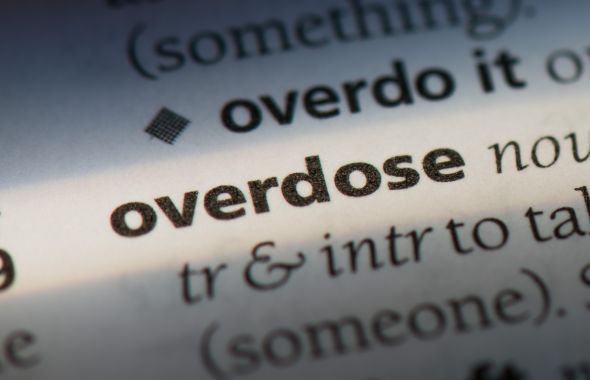Public Health Approaches to the Opioid Crisis: Overcoming Obstacles to Community-Driven Solutions

Description
The Massachusetts Department of Public Health estimates that in 2018 alone, approximately 2,000 people died in the Commonwealth from opioid-related overdoses. The overwhelming majority of those who died of overdoses that year tested positive for substances banned under the Controlled Substances Act, such as fentanyl (89%), cocaine (48%), and heroin (34%). This panel discussed community-driven, evidence-based public health strategies aimed at reducing overdose deaths in hard-to-reach populations in Massachusetts, including fishing families, veterans, and individuals who are incarcerated. The panel also examined federal, state, and local obstacles that undermine the implementation and success of community-driven approaches to the crisis.
This event was free and open to the public.
Panelists
- Jennifer D. Oliva, Associate Professor of Law and Public Health, West Virginia University and Visiting Scholar, Petrie-Flom Center for Health Law Policy, Biotechnology, and Bioethics, Harvard Law School
- Stephen Wood, Fellow in Bioethics, Center for Bioethics, Harvard Medical School
- J. J. Bartlett, President of Fishing Partnership Support Services
- Moderator: Carmel Shachar, Executive Director, Petrie-Flom Center for Health Law Policy, Biotechnology, and Bioethics and Lecturer on Law, Harvard Law School
Blog Posts
- Stephen Wood, “Public Health Approaches to the Opioid Crisis: Overcoming Obstacles to Community-Driven Solutions”
Recording
Sponsored by the Petrie-Flom Center for Health Law Policy, Biotechnology, and Bioethics at Harvard Law School, with support from the Oswald DeN. Cammann Fund at Harvard University, with support from the Center for Bioethics at Harvard Medical School and the Oswald DeN. Cammann Fund at Harvard University.